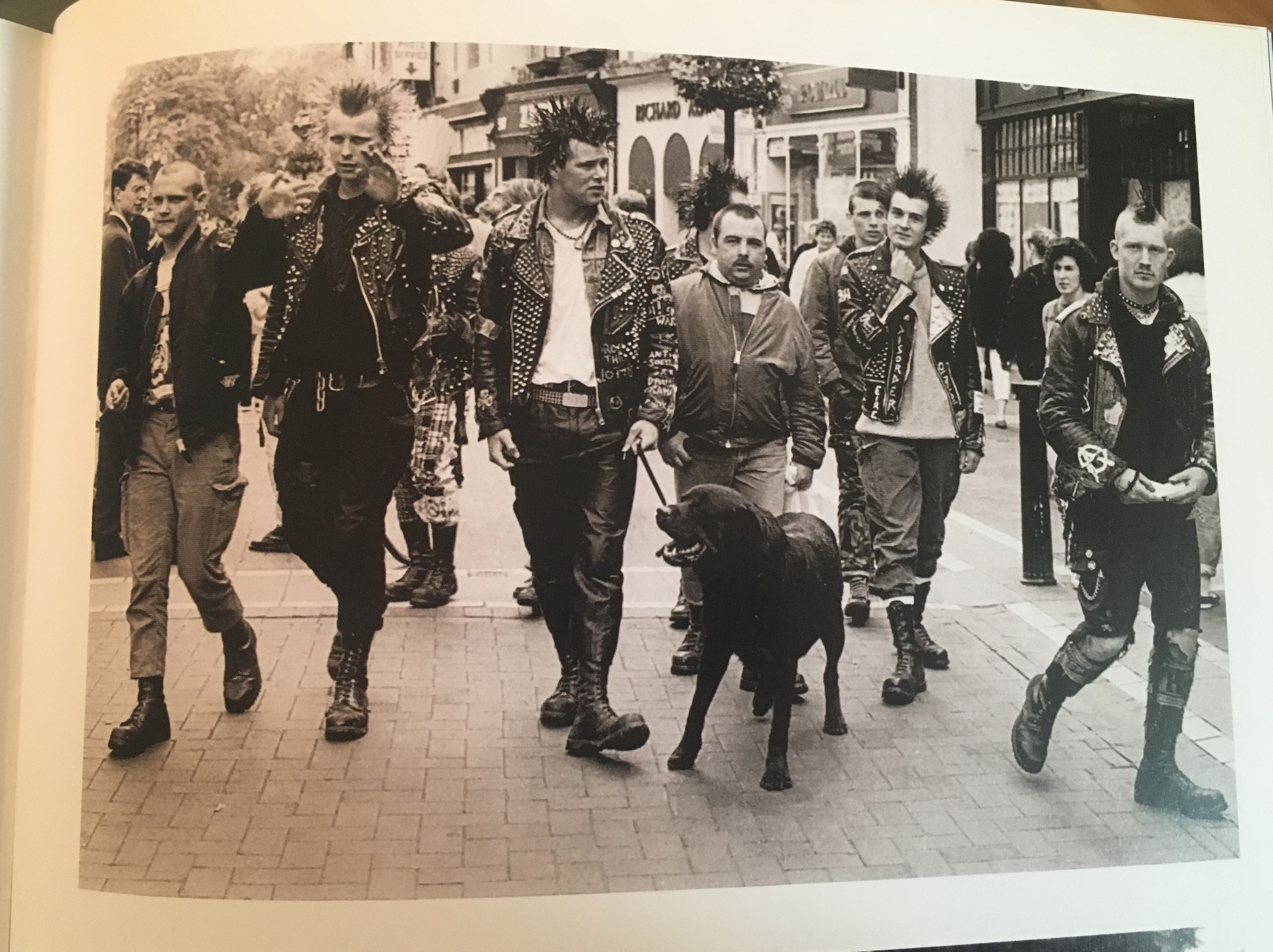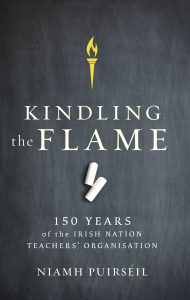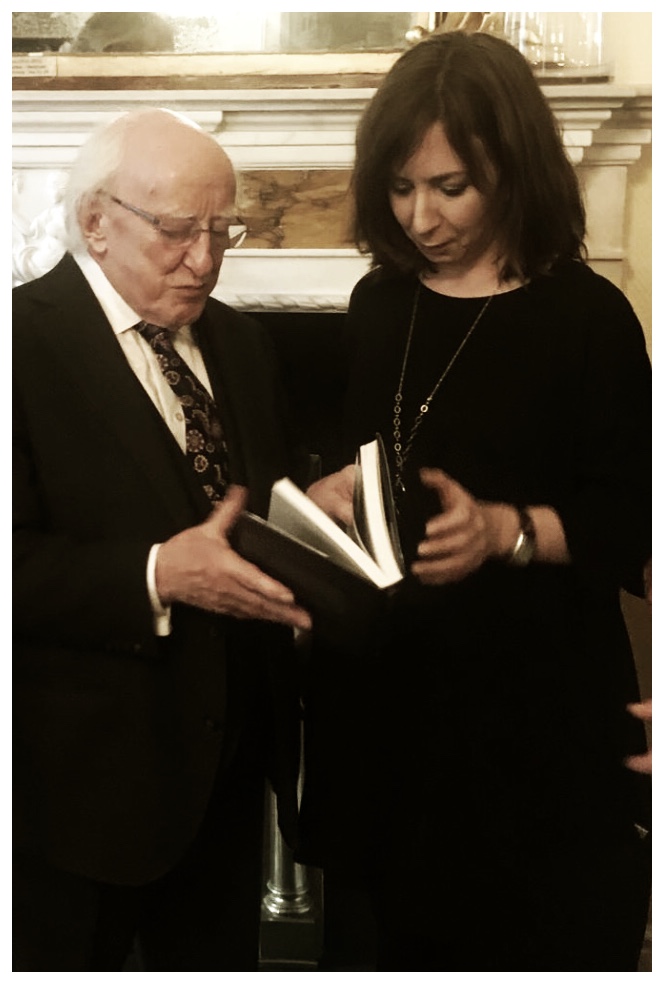This week came the sad news that Bewley’s Oriental Café on Grafton Street was to close permanently with the loss of 110 jobs. It’s a desperately difficult time for the people who worked there, as well as being very sad for the people who passed time there over the years.
I was invited to write a short essay to mark the café’s closure for The Business, and appreciated the chance to pay my respects. When I thought about it, a few things occurred to me. For one thing, perhaps as a Northsider, my No. 1 Bewley’s was the Westmoreland Street one, followed by the café on Mary Street. The Grafton Street café was mostly a night time destination, either after I finished work in the Gaiety nearby or after clubs on South Anne Street. But even if that Bewley’s wasn’t my Bewley’s, it important that it was always there not least as a part of Grafton Street that couldn’t have been Chester or any regional town in England.
I have to admit that I hadn’t been there since it had reopened, although I had snuck sneaky peaks in the side door at Clarendon Street while the renovations were ongoing. The new Bewley’s wasn’t for me and I wasn’t inclined to brave the queues of tourists to get a coffee or expensive lunch there. For me, missing Bewley’s, it’s also about missing Grafton Street when it still had some of its old character, with teenage goths and punks, the Diceman and ageing members of the domestic rock fraternity promenading the recently pedestrianised streets.

Only a little while ago, there was outrage at the suggestion that the flower sellers be moved away from the side streets. They are – were – almost the only original features left with so much of the character of the street gone. Now the shops are international chains, and the pace is different. Grafton Street feels faster than before, apart from all the tourists who are slow. Maybe the class is different too, it’s not that there wasn’t money there back in the day, but the level of ostentatious consumption wasn’t the same as it is now or the same as it was a couple of months ago, anyway.
I miss it. I’m wallowing in nostalgia a little, but I’m allowed. Now parts of my life feature in history blogs and books and exhibitions (I had been looking forward to going to the Diceman exhibition in the Little Museum before everything shut down) but I suppose a lot of it is that I miss the time when Dublin felt more like it belonged to the people who lived here, wherever they were from, rather than a Potemkin version for tourists, and where 20 Carrolls was a packet of cigarettes, not a description of town.
Anyway, here I am on Bewley’s.
 This is a finely researched and readable account of multiple struggles over 150 years, in which themes of politics, class, gender and power are deftly interwoven through the story of the Irish National Teachers’ Organisation.
This is a finely researched and readable account of multiple struggles over 150 years, in which themes of politics, class, gender and power are deftly interwoven through the story of the Irish National Teachers’ Organisation.